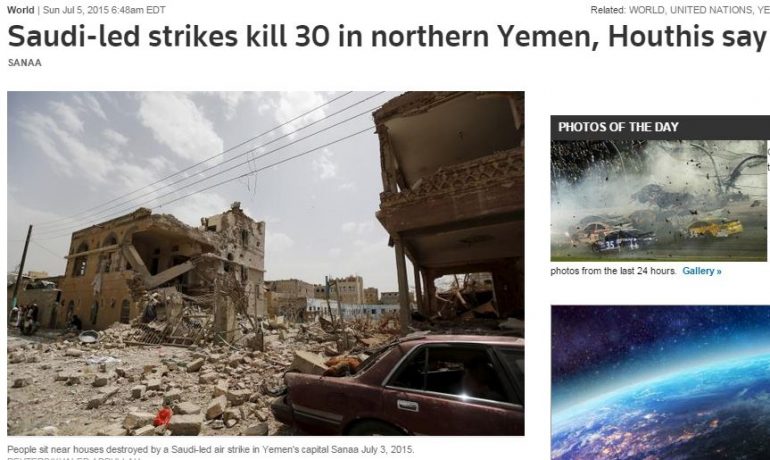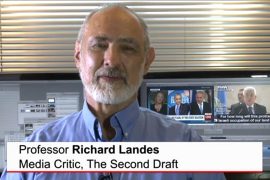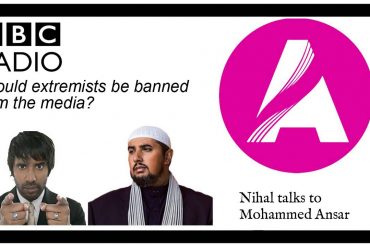Yesterday, July 6th, there was a deadly attack on a market in the Middle East. Over 40 people were killed when a Saudi airstrike reportedly hit an area in southern Yemen densely populated with civilians who were trading livestock.
However, thus far, The Independent, The Telegraph and Times of London have ignored the attack. Only the Guardian has reported it, but included this rather restrained headline – which only suggests Saudi responsibility for the attack in the strap line – and a stock photo of Saudi Air Force jets from 2009:
The print edition of the Guardian ran the story on page 14.
As a recent article in The Conversation noted, “the ongoing [civil] war in Yemen is largely absent from our TV screens, Facebook and Twitter trending topics sections and the front pages of broadsheet papers.”
A tweet yesterday by Medhi Hassan (the former New Statesman senior editor who is typically obsessively critical of Israel) summed it up well in response to a Reuters story titled “Saudi-led strikes kill 30 in northern Yemen, Houthis say“.
Substitute the word “Israeli” for “Saudi” in this headline & imagine the uproar in the Muslim world. Silence so far: http://t.co/1CRezATKIM
— Mehdi Hasan (@mehdirhasan) July 6, 2015
You can of course replace the words “Muslim world” with “UK media”, and this observation would be just as accurate.
Indeed, you don’t have to simply imagine the uproar if “Israel” was replaced with “Saudi”.
In one quite typical rush to judgment during the 2014 summer war between Israel and Hamas, reports published at various UK news sites (including the Guardian, Independent, and Telegraph), alleged that on July 30th the IDF hit a marketplace in Shuja’iyya, at a time when a ceasefire was in place, killing between 15 to 17 people. As was the case throughout the war, the most dramatic images and headlines and photos were used, and Israeli guilt assumed.
The Guardian July 31st print edition covered the market attack in Shuja’iyya as part of a dramatic cover story on the war.
Here’s another example, from The Telegraph on July 31, in which a dramatic video of the casualties is featured.
Indicative of the UK media’s overall one-sided coverage of the war, a subsequent Israeli investigation into the incident, which strongly contradicted the media narrative of events on July 30th (including the claim that there was a full ceasefire),was ignored by all four major British publications.
The Conversation article about the disparity in coverage summed it up thusly:
The most decisive political difference here is that whereas Gaza and the plight of the Palestinians have been adopted as a cause célèbre by the European (and to an extent, American) left, Yemen has largely been ignored. In the absence of a similar engagement from leftist politics, reporting on Yemen will remain sparse, and will never stir enough outrage to affect the course of events.
With the death toll in Yemen now exceeding those of the Gaza war, the egregious double standards evident in the failure of so-called human rights activists and elite opinion leaders to focus media attention on this Middle East war becomes increasingly difficult to deny.
Related articles
- More than 2800 people are dead in Yemen: So why aren’t we outraged? (The Conversation)







